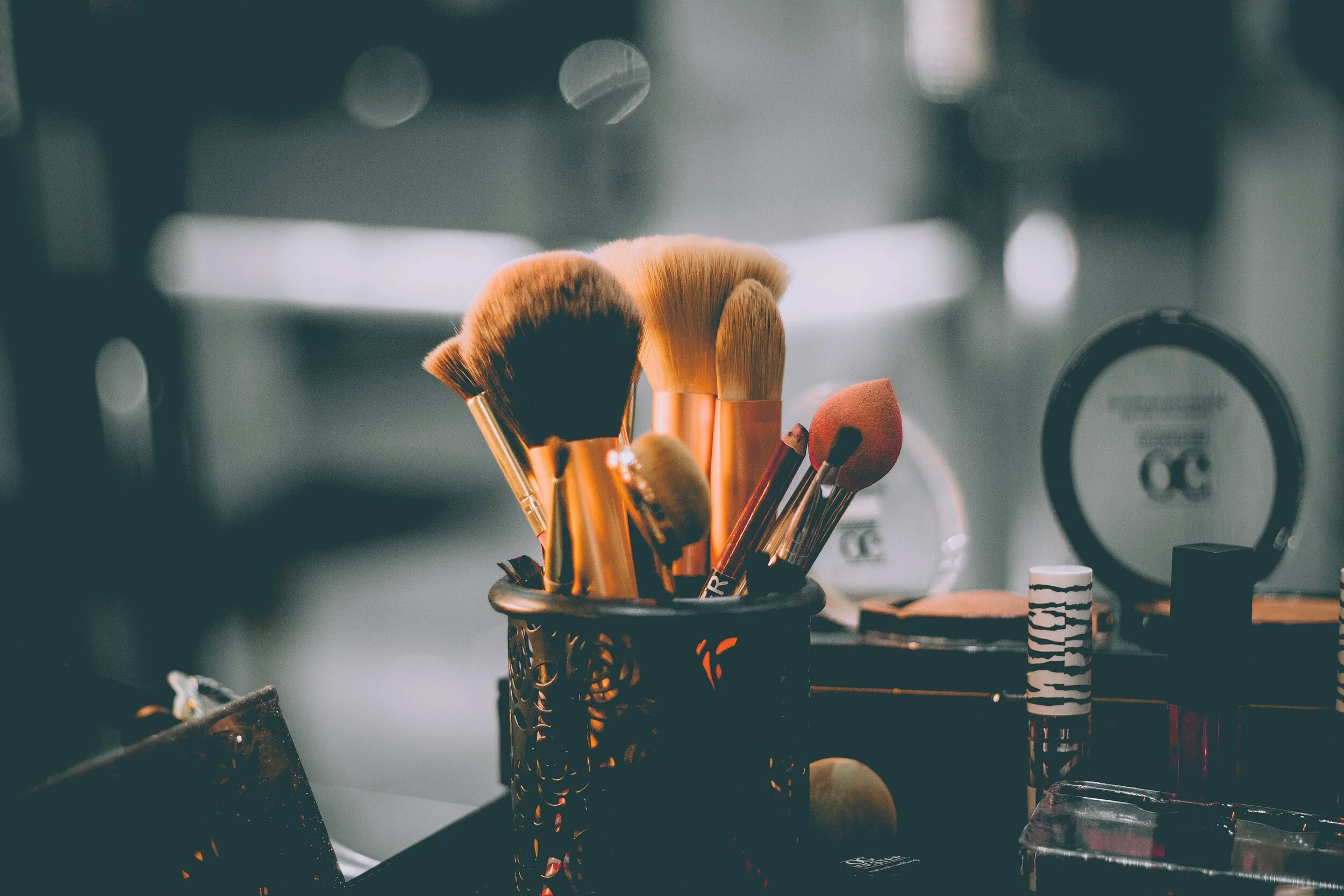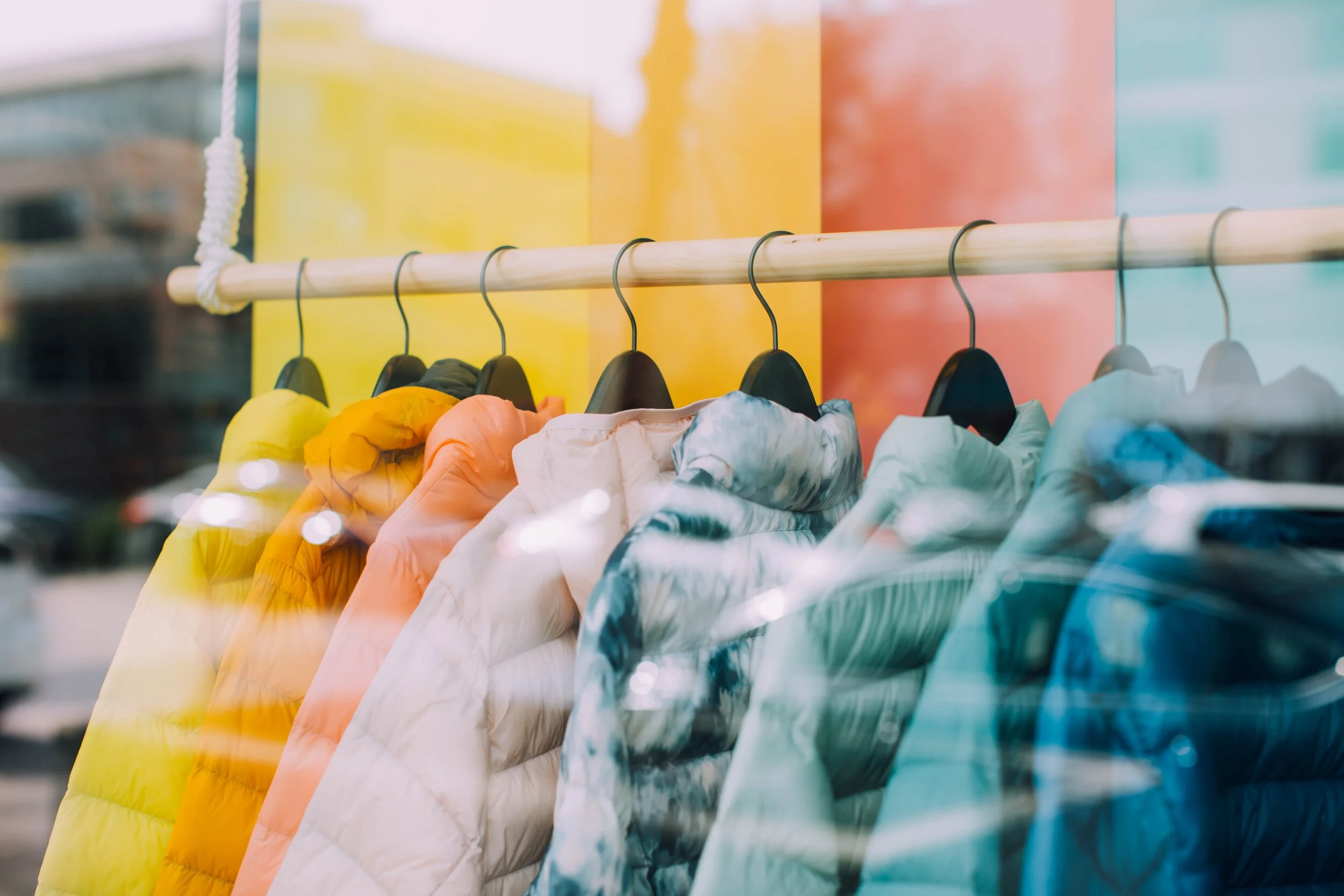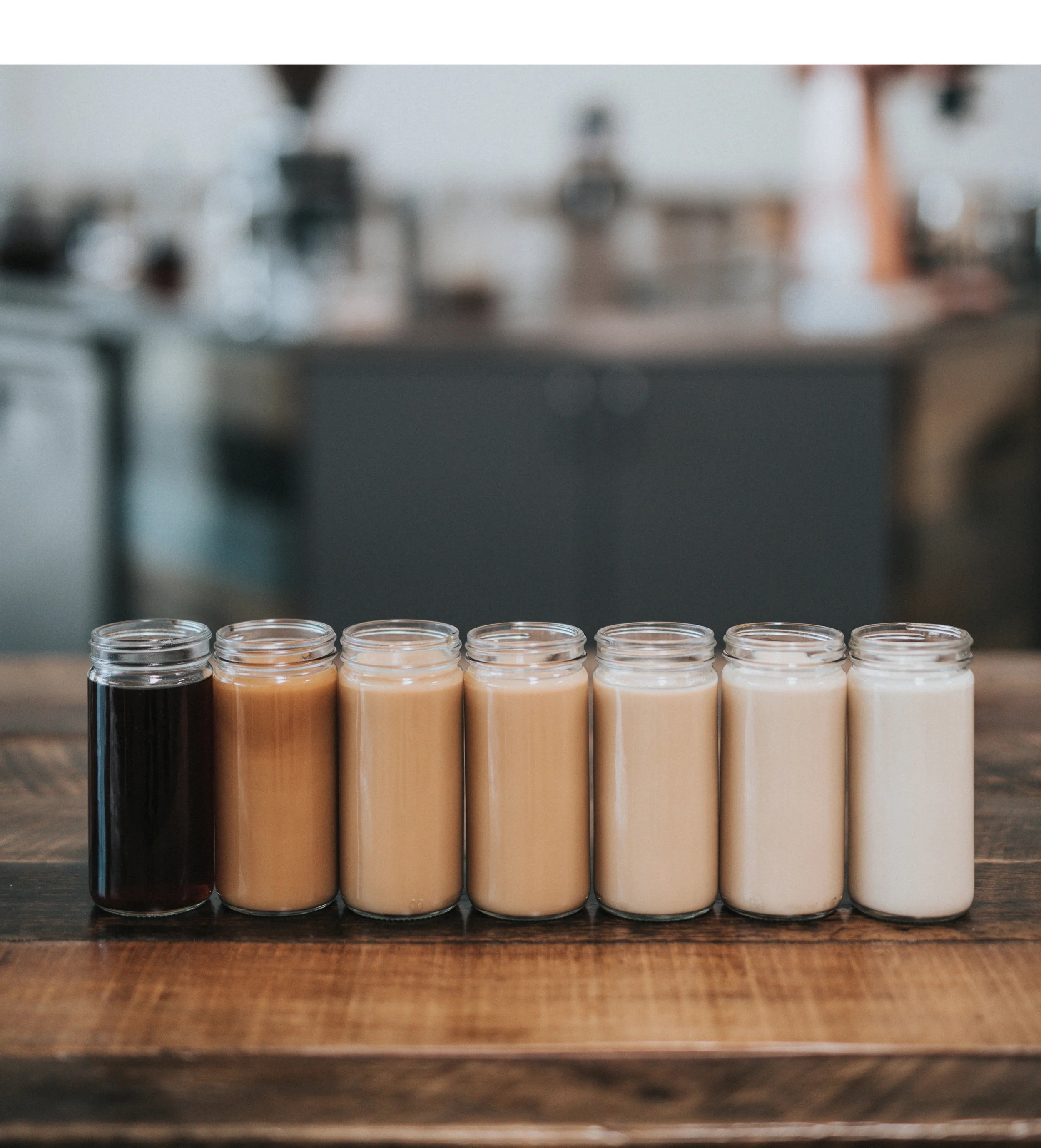Within just 3 months, 5,500 metric tonnes of facemasks were produced according to statistics from Greenpeace. Multiply this times three and you can get an estimate of how many unrecyclable masks have ended up in our environment. Due to the risk of contamination, these plastic goods are single-use and not suitable for recycling. Instead, they fall into a category between “general waste” and “medical waste”.
With a lifespan of 450 years, these masks will be the inheritance left to the next generations. They often end up in our waterways and nature, causing a threat to wildlife, which often gets tangled in the strings or mistaken the plastic for food. Plastic masks are largely made of polypropylene (PP) which not only takes a long time to degrade but also releases dangerous chemicals in the process.
These figures are distressing considering the already alarming amount of plastic waste that ends up in the oceans: that’s 8 million tonnes of plastic per year, adding to the already circulating 150 million tonnes…
Plastic masks have been introduced at a time when we are already clearly drowning in plastic.
So, what is the direct effect on humans?
The plastic consumed by marine animals builds up the food-chain for future generations. Our grandchildren may end up eating plastic in their dinner and drinking chemicals from our water supplies. Can you imagine seasoning your meal with lead, cadmium, and mercury? Not the tastiest spice mix – we believe.
Truth is, we experience the pollution effects of plastic masks before we even use them. Producing any type of plastic gives off dangerous fumes, transmitting chemicals directly into our air, soil, and water.
Plastic toxins are carcinogenic and a major cause of kidney, heart, and digestive system issues. They also increase the risk of diabetes, birth defects, and many other severe conditions.
What can you do to minimize damage?
If you need to wear a face mask, there a couple of small changes you should consider.
We suggest you purchase a material mask, which you can re-use after washing.
When the time comes to throw it away, at least cut off the strings to prevent wildlife from becoming entangled in it.
Be sure to dispose of it correctly. It is, unfortunately, impossible to use the recycling bins for this means, but be sure to throw your used masks into the general household rubbish bin.
minimize singe-usage protection Another dark side of corona prevention measures are plastic gloves and plastic goggles (or screens) – together with the face masks, they create a new breed of marine pollution. Different preventative tools, same devastating environmental impact. So, we appeal to you conscious readers, to try to minimize single-usage protection where possible. With governments prolonging safety measures into the unknown future, it is important that we remain environmentally aware.
Keep up the good changes!
On a lighter note, the carbon dioxide emission levels have significantly lowered since March. People have been working from their homes (meaning, traveling less by car and public transport – 23% of all CO2 emissions), and traveling less by plane.
Question is, how long will these figures last. While travel expands the mind and generally serves our personal development, we can always rethink the means by which we travel. Perhaps we can reach our destination by train or ship, instead of catching a flight?
Hopefully, we can enjoy the fresher air a while longer, however, we would need to change our priorities and lifestyles…The demand for fuels and metals have dropped at a record low, however, the stock-lists are now reaching a record high, so emissions might reach a peak later…
In terms of working from home – we believe that there will be more flexibility in remote work when life returns back to normal. This will also cut down on pollution, and give people more freedom and time to spend with their families. To focus on core values. Which would serve our environment greatly.
Big changes are happening right now, and we need to observe them with an open awareness (and take action where necessary – for example, by finding alternative solutions to plastic masks, gloves, and shields).
Keep questioning what’s going on, and be the change you want to see in the world. It all starts with one.
- Written by Michelle Prygiel






























